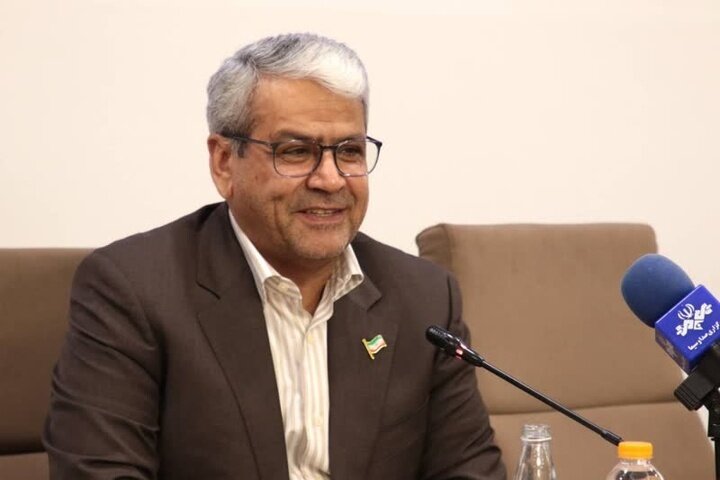Tourism, one of Iran's soft power tools in international interactions

TEHRAN—The Secretary of the Cabinet Seyyed Kamel Taqavi-Nejad said today, tourism is not only an industry but is one of the effective tools for Iran’s economic and cultural diplomacy.
He said that the targeted support of semi-finished projects in tourism sector is a priority in government planning, IRIB reported.
He pointed to the effective position of the Ministry of Cultural Heritage, Tourism and Handicrafts in the country's economic structures and said: The membership of the Minister of this Ministry in the main economic commissions of the government indicates a strategic view of tourism and the weight of this Ministry in the new geometry of the country's economic decision-making.
The official praised the increasing position of tourism in national decision-making and the pivotal role of the Cultural Heritage Minister in promoting this field, and emphasized: “There is no meeting in the government in which tourism demands are not heard or the priority of this field is not placed on the agenda.”
Referring to the prominence of the tourism sector in the government structure, said, “This sector has become one of the most heard, demanding and influential pillars in decision-making processes. The voice of tourism is loud, clear and path-breaking today.”
Emphasizing that tourism has a privileged position in the government's macro-policy system, Taqavi-Nejad said: “This industry not only plays a role in economic growth, but also plays a role in strengthening social ties, promoting cultural interactions and even opening the doors of political diplomacy. Tourism is one of the few sectors that renders services in a wide area of the country in the shortest time, creates employment. Its income is distributed among the people in a balanced manner.”
Pointing to the huge potential of foreign tourism, he said that Iran, relying on its ancient civilization, rich culture, and unique natural and historical resources, can become a regional and even global hub in tourism sector.
He also addressed the financial and banking challenges in this sector and said that easing the granting of banking facilities, removing tax obstacles, and targeted support for unfinished and infrastructure projects in the field of tourism are not only a necessity but also a definite priority in government planning.
Taqavi-Nejad mentioned the government's special mechanisms in recent critical situations, adding that during the 12-day Israeli war against Iran, the government delegated special powers to the ministers and four specialized working groups were formed to ensure that processes progress more quickly and coherently.
The goal was to resolve issues between the public and private sectors with a facilitative approach, he said. In this path, the government is obliged to give up itself and serve to strengthen the non-governmental sector, he added.
KD
